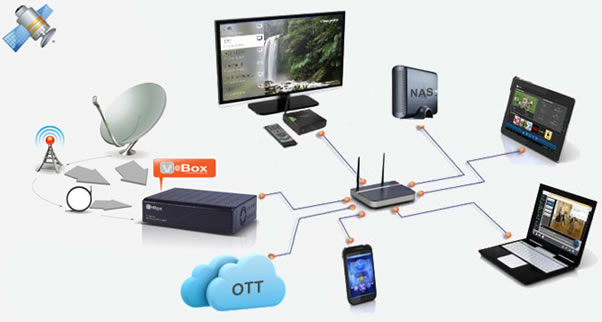Hardware & Networking
 A hardware and networking course can provide you with valuable technical skills and knowledge related to computer hardware, networking protocols, and systems administration. As technology continues to advance and businesses rely heavily on IT infrastructure, the demand for professionals with hardware and networking expertise is growing.
A hardware and networking course can provide you with valuable technical skills and knowledge related to computer hardware, networking protocols, and systems administration. As technology continues to advance and businesses rely heavily on IT infrastructure, the demand for professionals with hardware and networking expertise is growing.
Technical Skills Development: The course will equip you with practical skills in assembling, configuring, and troubleshooting computer hardware components, such as CPUs, motherboards, memory, and storage devices.
Networking Knowledge: You will learn about different types of networks, network topologies, protocols, and how to set up and manage local area networks (LANs) and wide area networks (WANs).
System Administration: The course may cover system administration tasks, including installing and configuring operating systems, managing user accounts, and ensuring network security.
Problem-Solving Abilities: Hardware and networking professionals often encounter technical challenges that require creative problem-solving. The course will help you develop analytical and troubleshooting skills.
Industry-Relevant Certifications: Some hardware and networking courses prepare you for industry-recognized certifications like CompTIA A+, Cisco CCNA, or Microsoft MCSA, which can significantly enhance your employability.
Career Opportunities: With a hardware and networking certification, you can pursue various career paths, such as network administrator, IT support specialist, system administrator, network technician, or technical support engineer.
Job Demand: As businesses rely heavily on IT infrastructure, there is a continuous demand for skilled hardware and networking professionals in various industries.
Job Security: IT infrastructure forms the backbone of organizations, making hardware and networking professionals essential for maintaining smooth operations. This often translates to job security and stability.
Salary Potential: Hardware and networking roles are well-paid, especially for professionals with relevant certifications and experience.
Career Growth: With experience and further training, you can advance to higher-level positions, such as network engineer, IT manager, or systems architect, and take on more significant responsibilities.
Entrepreneurial Opportunities: Armed with hardware and networking skills, you can start your own IT support or network consulting business, offering services to individuals or small businesses.
Versatility: The skills acquired in hardware and networking are transferable across different industries and can be relevant for various organizations, from small startups to large corporations.
Hardware and networking course can open up promising career opportunities in the IT sector and beyond. As businesses continue to invest in technology, the demand for skilled professionals who can manage and maintain hardware and networks is expected to grow, making this field a potentially rewarding and stable career choice.



